WORKWEEK REVISION FACES MIXED REACTION
입력 2022.12.13 (15:09)
수정 2022.12.13 (16:45)
읽어주기 기능은 크롬기반의
브라우저에서만 사용하실 수 있습니다.
[Anchor Lead]
The labor circle and management are showing opposed reactions to the revision of the work-hour system where workers might be able to work a maximum of 69 hours a week. The labor circle expressed concerns over long working hours, whereas the businesses community said they welcomed the move and its purpose, although it's not enough.
[Pkg]
A molding company in Incheon. Its employees work around the clock in shifts to meet delivery deadlines. With the introduction of the 52-hour workweek cap, the company had no choice but to operate its factory only four days a week. It hopes things will get better when the law on the working hours is revised.
[Soundbite] Yang Nam-soo(CEO of molding company) : "We have a hard time complying with the regulation on working hours. I wish it was on a monthly basis."
The business community has welcomed the idea of guaranteeing the right to choose working hours flexibly, as proposed by a research group on the future of the labor market. However, it pointed out that the strict guarantee of 11 consecutive hours of rest could undermine the purpose.
[Soundbite] Hwang Yong-yeon(Korea Enterprises Federation) : "Workers' health should be protected, but if the new regulation is enforced too strictly, it won't be easy to use it autonomously."
The labor circles, on the other hand, blasted the move saying it implies the return to long working hours. They say guaranteeing 11 hours of rest will have little effect in reality. Plus, employers might use the new rule to their advantage. Although authorities say they will discuss the expansion of extended working hours to a monthly basis or longer with labor representatives, workers at companies without labor unions will likely have a hard time having their opinions heard.
[Soundbite] Lee Ji-hyun(Federation of Korean Trade Unions) : "Only 14 percent of companies have labor unions and workers have no choice but to follow their employers' decision."
The labor side also says the risk of workers' deaths caused by fatigue could rise, as workers will have little autonomy in balancing work and personal life, and may end up working more than 64 hours for four straight weeks, which is the current threshold for worker fatigue.
[Soundbite] Kim Young-seon(Center for Studying Working Hours) : "If the recommendation is implemented, the risk of fatigue will surge beyond the threshold."
Regarding the recommendation on the labor market reform, Labor Minister Lee Jung-shik wrote on social media that a legislative bill would be drafted as soon as possible, and the revision will be completed no matter what.
The labor circle and management are showing opposed reactions to the revision of the work-hour system where workers might be able to work a maximum of 69 hours a week. The labor circle expressed concerns over long working hours, whereas the businesses community said they welcomed the move and its purpose, although it's not enough.
[Pkg]
A molding company in Incheon. Its employees work around the clock in shifts to meet delivery deadlines. With the introduction of the 52-hour workweek cap, the company had no choice but to operate its factory only four days a week. It hopes things will get better when the law on the working hours is revised.
[Soundbite] Yang Nam-soo(CEO of molding company) : "We have a hard time complying with the regulation on working hours. I wish it was on a monthly basis."
The business community has welcomed the idea of guaranteeing the right to choose working hours flexibly, as proposed by a research group on the future of the labor market. However, it pointed out that the strict guarantee of 11 consecutive hours of rest could undermine the purpose.
[Soundbite] Hwang Yong-yeon(Korea Enterprises Federation) : "Workers' health should be protected, but if the new regulation is enforced too strictly, it won't be easy to use it autonomously."
The labor circles, on the other hand, blasted the move saying it implies the return to long working hours. They say guaranteeing 11 hours of rest will have little effect in reality. Plus, employers might use the new rule to their advantage. Although authorities say they will discuss the expansion of extended working hours to a monthly basis or longer with labor representatives, workers at companies without labor unions will likely have a hard time having their opinions heard.
[Soundbite] Lee Ji-hyun(Federation of Korean Trade Unions) : "Only 14 percent of companies have labor unions and workers have no choice but to follow their employers' decision."
The labor side also says the risk of workers' deaths caused by fatigue could rise, as workers will have little autonomy in balancing work and personal life, and may end up working more than 64 hours for four straight weeks, which is the current threshold for worker fatigue.
[Soundbite] Kim Young-seon(Center for Studying Working Hours) : "If the recommendation is implemented, the risk of fatigue will surge beyond the threshold."
Regarding the recommendation on the labor market reform, Labor Minister Lee Jung-shik wrote on social media that a legislative bill would be drafted as soon as possible, and the revision will be completed no matter what.
■ 제보하기
▷ 카카오톡 : 'KBS제보' 검색, 채널 추가
▷ 전화 : 02-781-1234, 4444
▷ 이메일 : kbs1234@kbs.co.kr
▷ 유튜브, 네이버, 카카오에서도 KBS뉴스를 구독해주세요!
- WORKWEEK REVISION FACES MIXED REACTION
-
- 입력 2022-12-13 15:09:28
- 수정2022-12-13 16:45:14
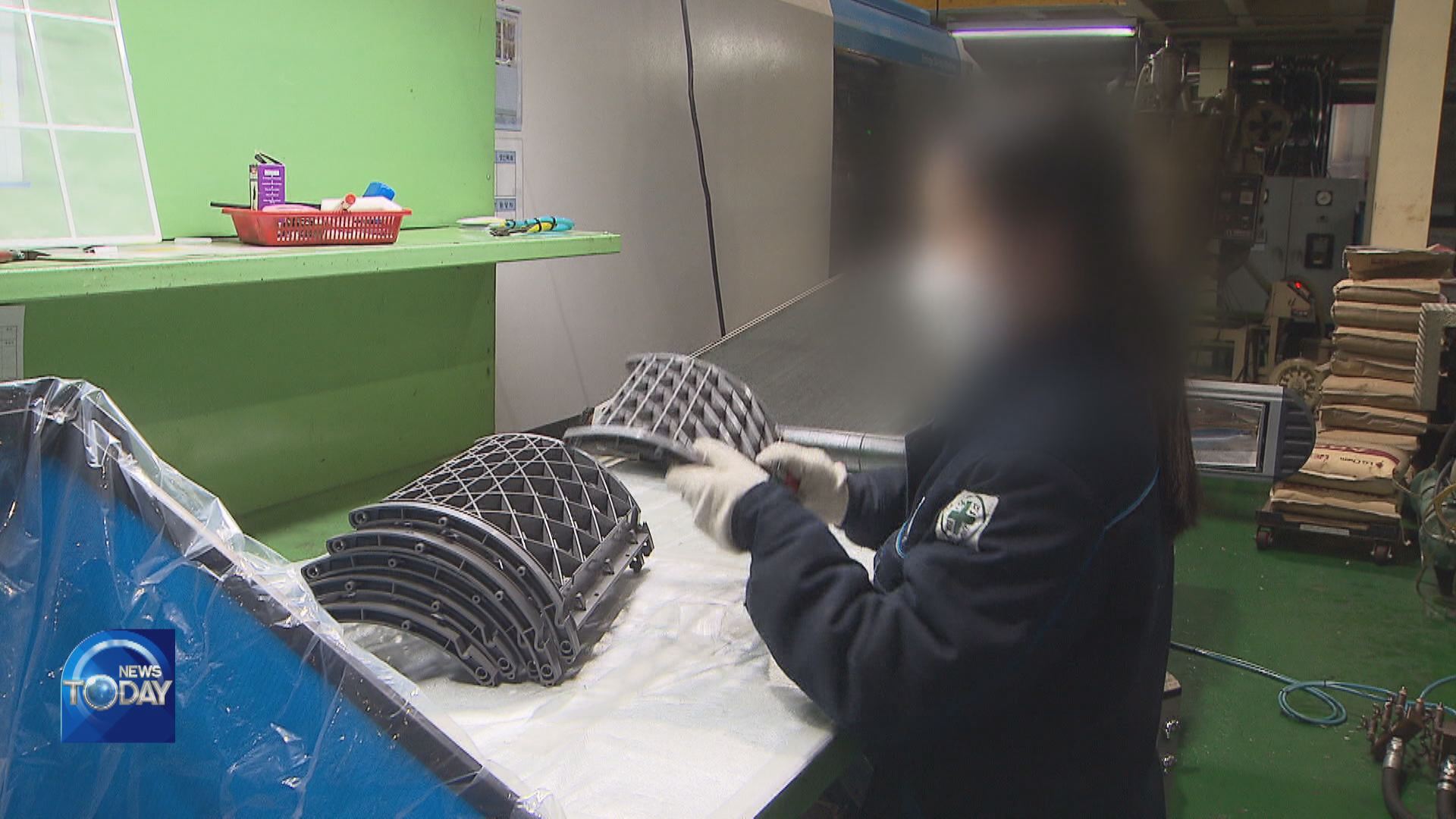
[Anchor Lead]
The labor circle and management are showing opposed reactions to the revision of the work-hour system where workers might be able to work a maximum of 69 hours a week. The labor circle expressed concerns over long working hours, whereas the businesses community said they welcomed the move and its purpose, although it's not enough.
[Pkg]
A molding company in Incheon. Its employees work around the clock in shifts to meet delivery deadlines. With the introduction of the 52-hour workweek cap, the company had no choice but to operate its factory only four days a week. It hopes things will get better when the law on the working hours is revised.
[Soundbite] Yang Nam-soo(CEO of molding company) : "We have a hard time complying with the regulation on working hours. I wish it was on a monthly basis."
The business community has welcomed the idea of guaranteeing the right to choose working hours flexibly, as proposed by a research group on the future of the labor market. However, it pointed out that the strict guarantee of 11 consecutive hours of rest could undermine the purpose.
[Soundbite] Hwang Yong-yeon(Korea Enterprises Federation) : "Workers' health should be protected, but if the new regulation is enforced too strictly, it won't be easy to use it autonomously."
The labor circles, on the other hand, blasted the move saying it implies the return to long working hours. They say guaranteeing 11 hours of rest will have little effect in reality. Plus, employers might use the new rule to their advantage. Although authorities say they will discuss the expansion of extended working hours to a monthly basis or longer with labor representatives, workers at companies without labor unions will likely have a hard time having their opinions heard.
[Soundbite] Lee Ji-hyun(Federation of Korean Trade Unions) : "Only 14 percent of companies have labor unions and workers have no choice but to follow their employers' decision."
The labor side also says the risk of workers' deaths caused by fatigue could rise, as workers will have little autonomy in balancing work and personal life, and may end up working more than 64 hours for four straight weeks, which is the current threshold for worker fatigue.
[Soundbite] Kim Young-seon(Center for Studying Working Hours) : "If the recommendation is implemented, the risk of fatigue will surge beyond the threshold."
Regarding the recommendation on the labor market reform, Labor Minister Lee Jung-shik wrote on social media that a legislative bill would be drafted as soon as possible, and the revision will be completed no matter what.
The labor circle and management are showing opposed reactions to the revision of the work-hour system where workers might be able to work a maximum of 69 hours a week. The labor circle expressed concerns over long working hours, whereas the businesses community said they welcomed the move and its purpose, although it's not enough.
[Pkg]
A molding company in Incheon. Its employees work around the clock in shifts to meet delivery deadlines. With the introduction of the 52-hour workweek cap, the company had no choice but to operate its factory only four days a week. It hopes things will get better when the law on the working hours is revised.
[Soundbite] Yang Nam-soo(CEO of molding company) : "We have a hard time complying with the regulation on working hours. I wish it was on a monthly basis."
The business community has welcomed the idea of guaranteeing the right to choose working hours flexibly, as proposed by a research group on the future of the labor market. However, it pointed out that the strict guarantee of 11 consecutive hours of rest could undermine the purpose.
[Soundbite] Hwang Yong-yeon(Korea Enterprises Federation) : "Workers' health should be protected, but if the new regulation is enforced too strictly, it won't be easy to use it autonomously."
The labor circles, on the other hand, blasted the move saying it implies the return to long working hours. They say guaranteeing 11 hours of rest will have little effect in reality. Plus, employers might use the new rule to their advantage. Although authorities say they will discuss the expansion of extended working hours to a monthly basis or longer with labor representatives, workers at companies without labor unions will likely have a hard time having their opinions heard.
[Soundbite] Lee Ji-hyun(Federation of Korean Trade Unions) : "Only 14 percent of companies have labor unions and workers have no choice but to follow their employers' decision."
The labor side also says the risk of workers' deaths caused by fatigue could rise, as workers will have little autonomy in balancing work and personal life, and may end up working more than 64 hours for four straight weeks, which is the current threshold for worker fatigue.
[Soundbite] Kim Young-seon(Center for Studying Working Hours) : "If the recommendation is implemented, the risk of fatigue will surge beyond the threshold."
Regarding the recommendation on the labor market reform, Labor Minister Lee Jung-shik wrote on social media that a legislative bill would be drafted as soon as possible, and the revision will be completed no matter what.
이 기사가 좋으셨다면
-
좋아요
0
-
응원해요
0
-
후속 원해요
0










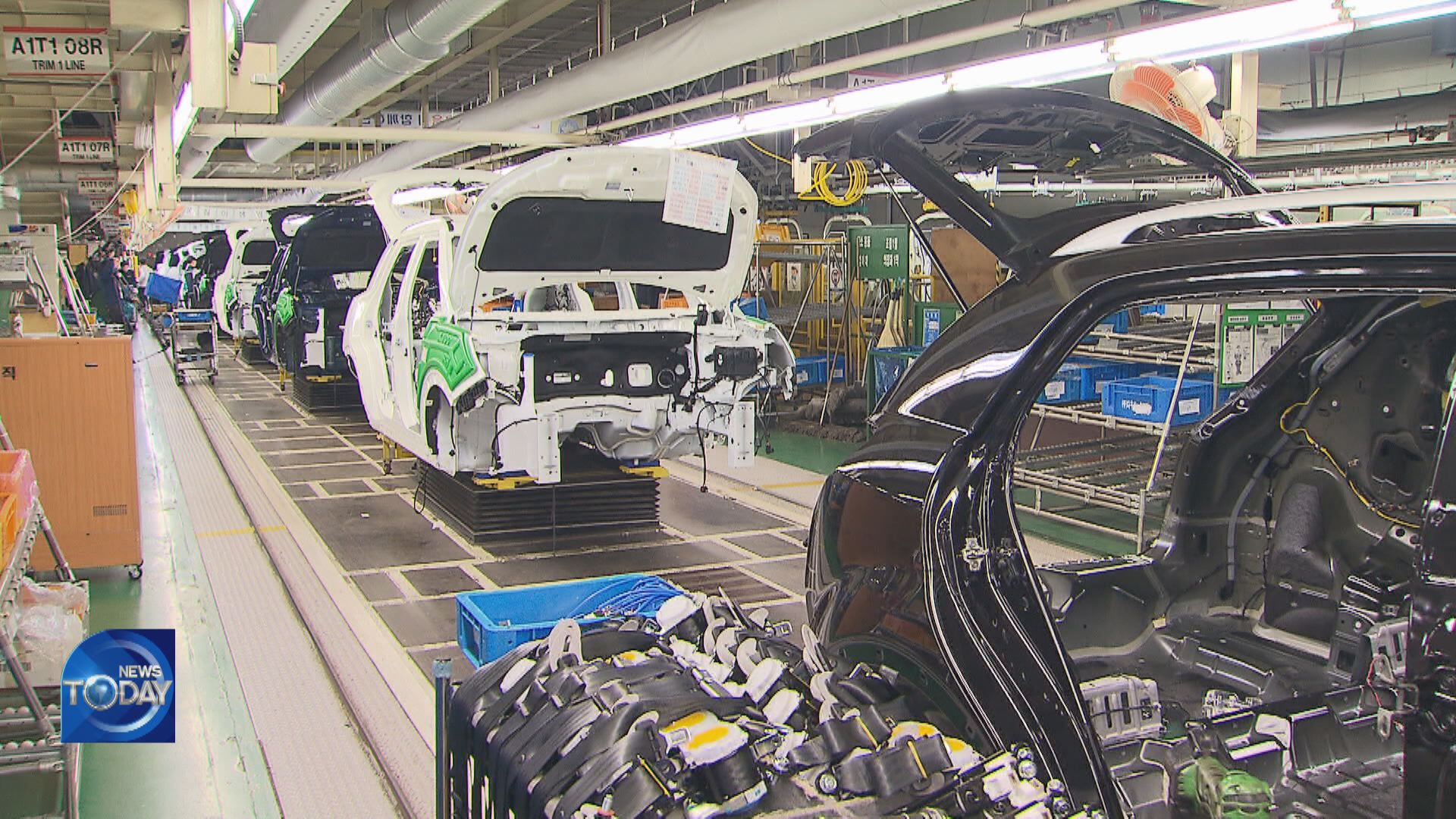
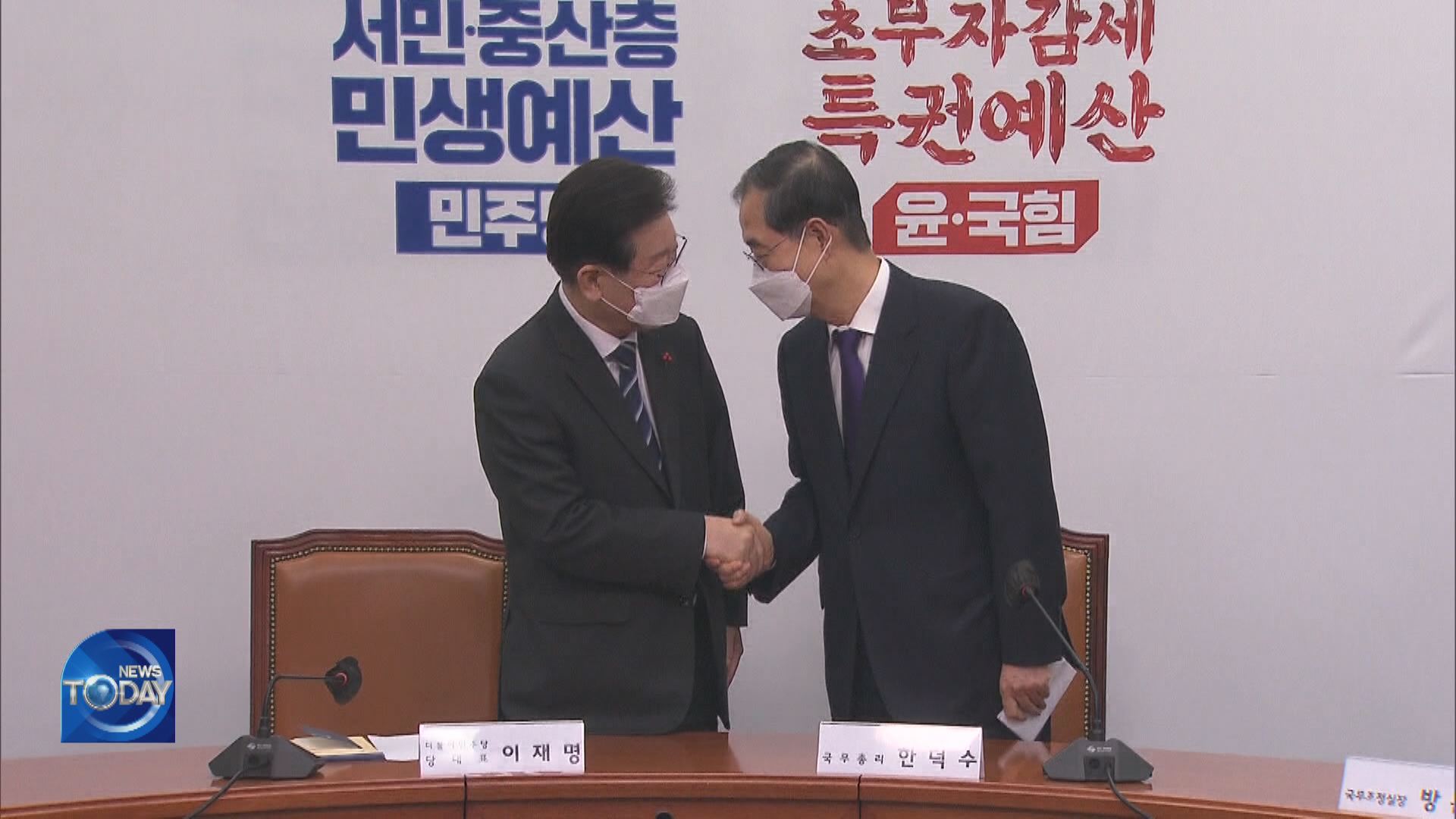
![[단독] 위성락 실장 “전작권 협상 카드 아냐”…<br>차관 인선 발표](/data/layer/904/2025/07/20250713_krfuHu.jpg)
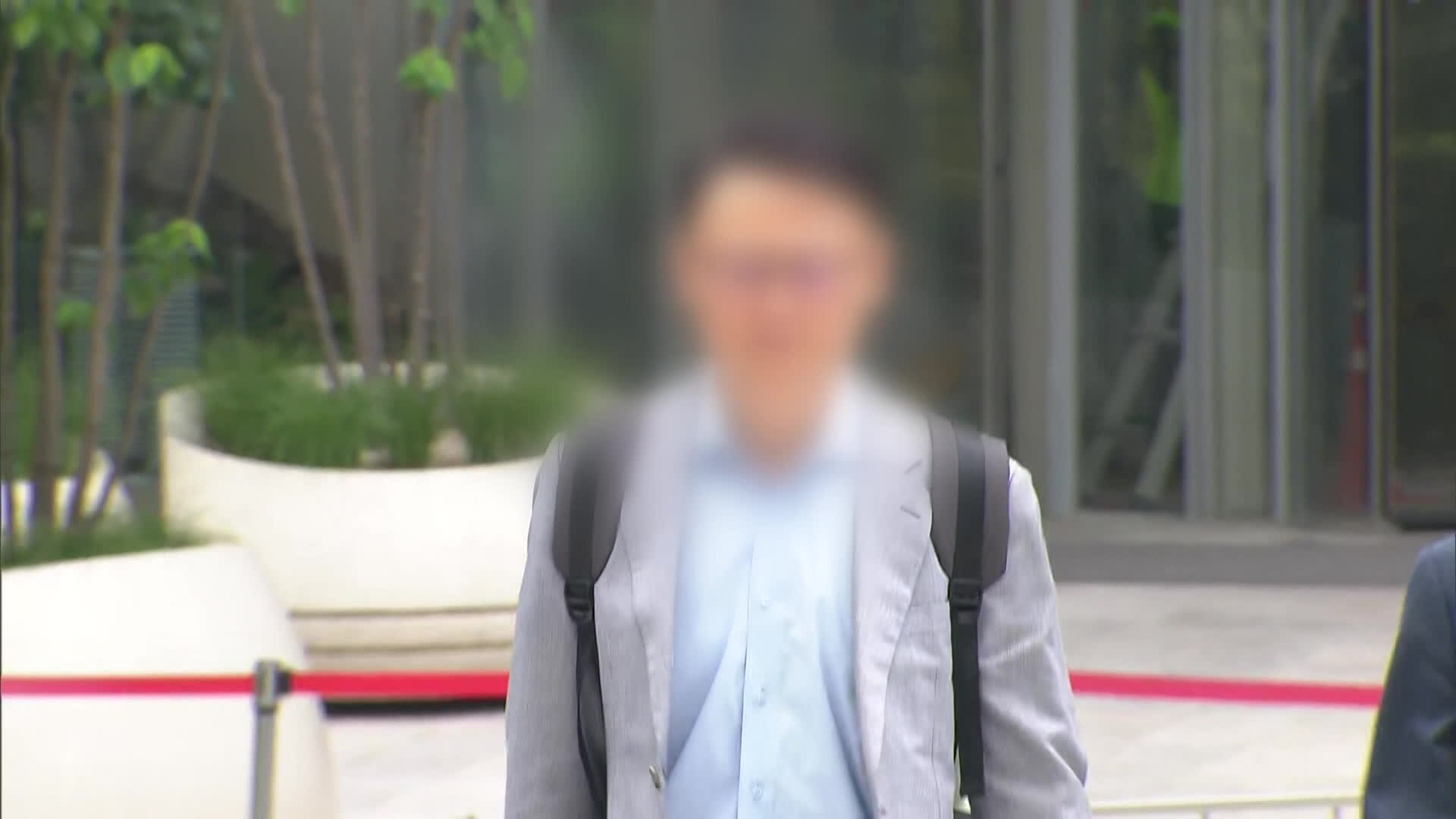
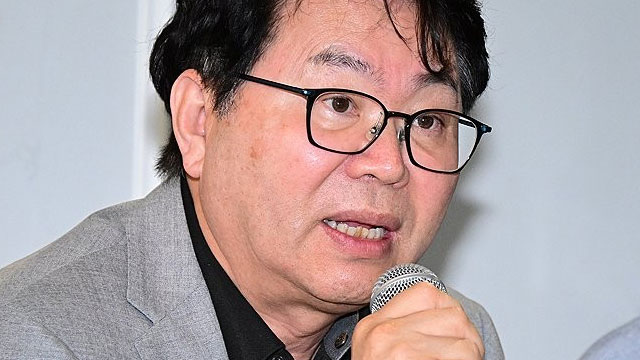


이 기사에 대한 의견을 남겨주세요.